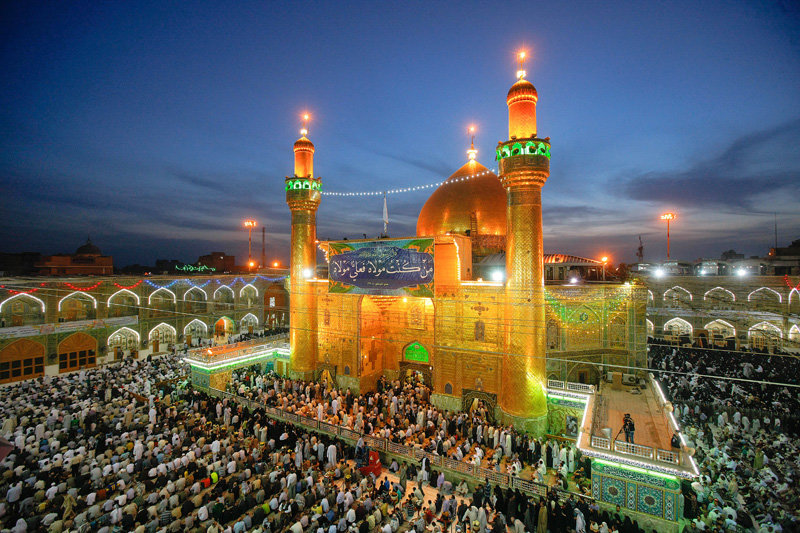Many great Persian poets influenced by Imam Ali (AS): scholar

TEHRAN -- Seyyed Mohammad-Mehdi Jafari, the author of “The Nahj-ul-Balagha’s Impact on Poets Who Lived from the Seventh Century to Nine Century AH”, has said that many great Persian poets, including Ferdowsi, Attar, Molana Jalal ad-Din Rumi, Sadi and Hafez, were strongly influenced by the discourses of Imam Ali (AS).
“Although Seyyed Razi had completed compiling the Nahj-ul-Balagha of Imam Ali (AS) in 400 AH, many Shia and Sunni poets were already under the influence of the sermons of Imam Ali (AS) before the book was compiled,” he told the Persian service of ISNA on Sunday.
Jafari pointed to his article on the Nahj-ul-Balagha’s impact on Persian literature and said that Ferdowsi has made many allusions to the discourses of Imam Ali (AS) in his masterpiece, the Shahnameh.
“Ferdowsi pursued two aims by composing the Shahnameh; first, he wanted to promote Shiism against the Sunni ideology that was being promoted the by Sultan Mahmud and second, he aimed to salvage the Persian language, which was being threatening by the Arab caliphate and Turkish sultanate… thus Ferdowsi and his Shahnameh were always looked upon with disfavor by Sultan Mahmud,” he stated.
He said that compiling the Nahj-ul-Balagha increased the influence of Imam Ali (AS) on Persian poetry, and works by poets such as Sanai, Nasser Khosrow and Attar are full of allusions to his discourses.
He added that Rumi even more strongly than Attar was under the influence of Imam Ali (AS).
“In his works, he made many direct references to the Imam’s discourses compiled in the Nahj-ul-Balagha,” Jafari said.
According to Jafari, Sadi made 250 references to the Imam’s discourses in his Bustan (The Orchard) while Hafez made about 60 allusions to the Imam’s ethics in his divan.
Jafari asked the youth to study the Nahj-ul-Balagha and told them, “You can find the right answers for many of your own questions in that book.”
The political discourses, sermons, letters and sayings of Imam Ali (AS) were collected by Seyyed Razi (d. 1015) in a book entitled Nahj-ul-Balagha (“The Peak of Eloquence”). It has been translated into many languages, including English, French, Russian and Spanish.
Photo: The holy shrine of Imam Ali (AS) in Najaf, Iraq
MMS/YAW
END
Leave a Comment